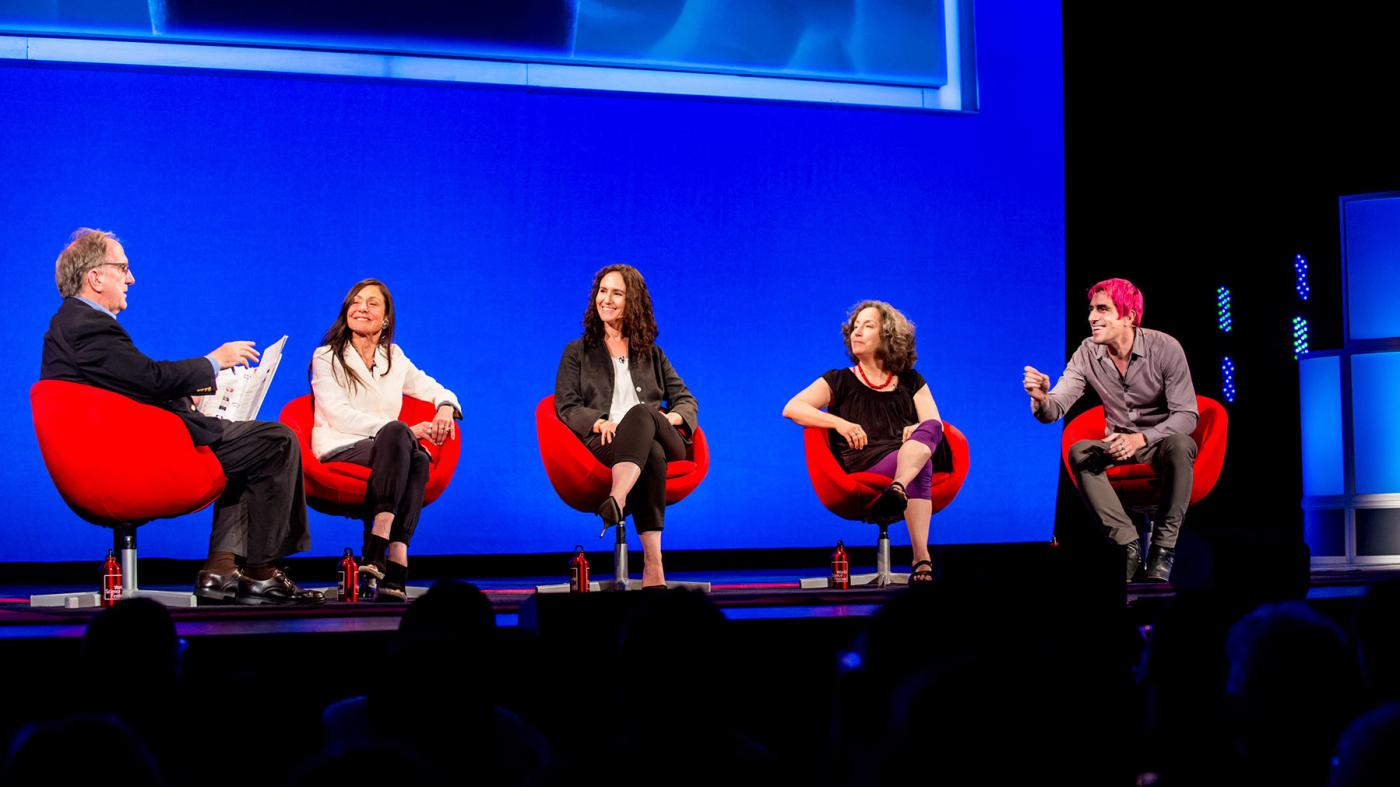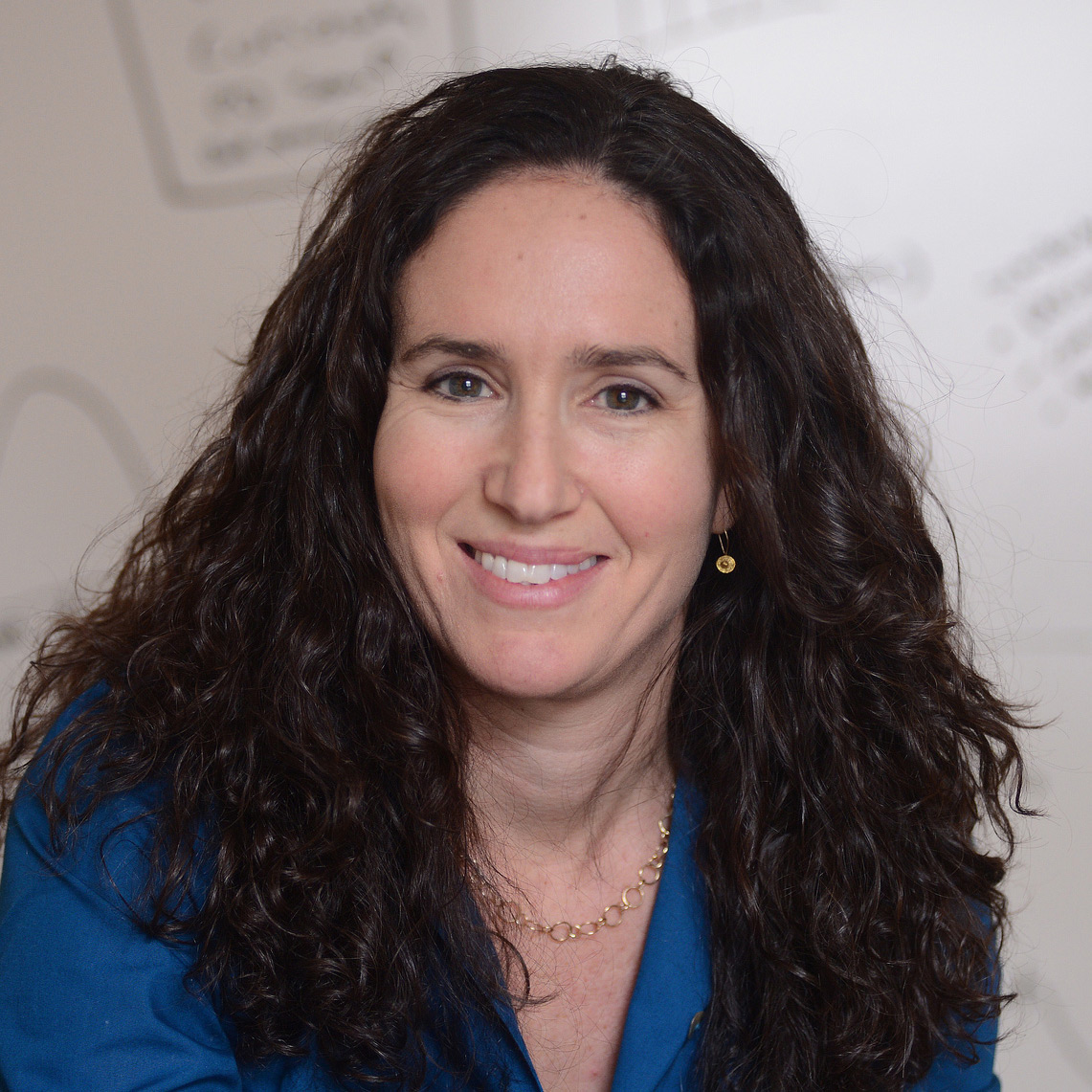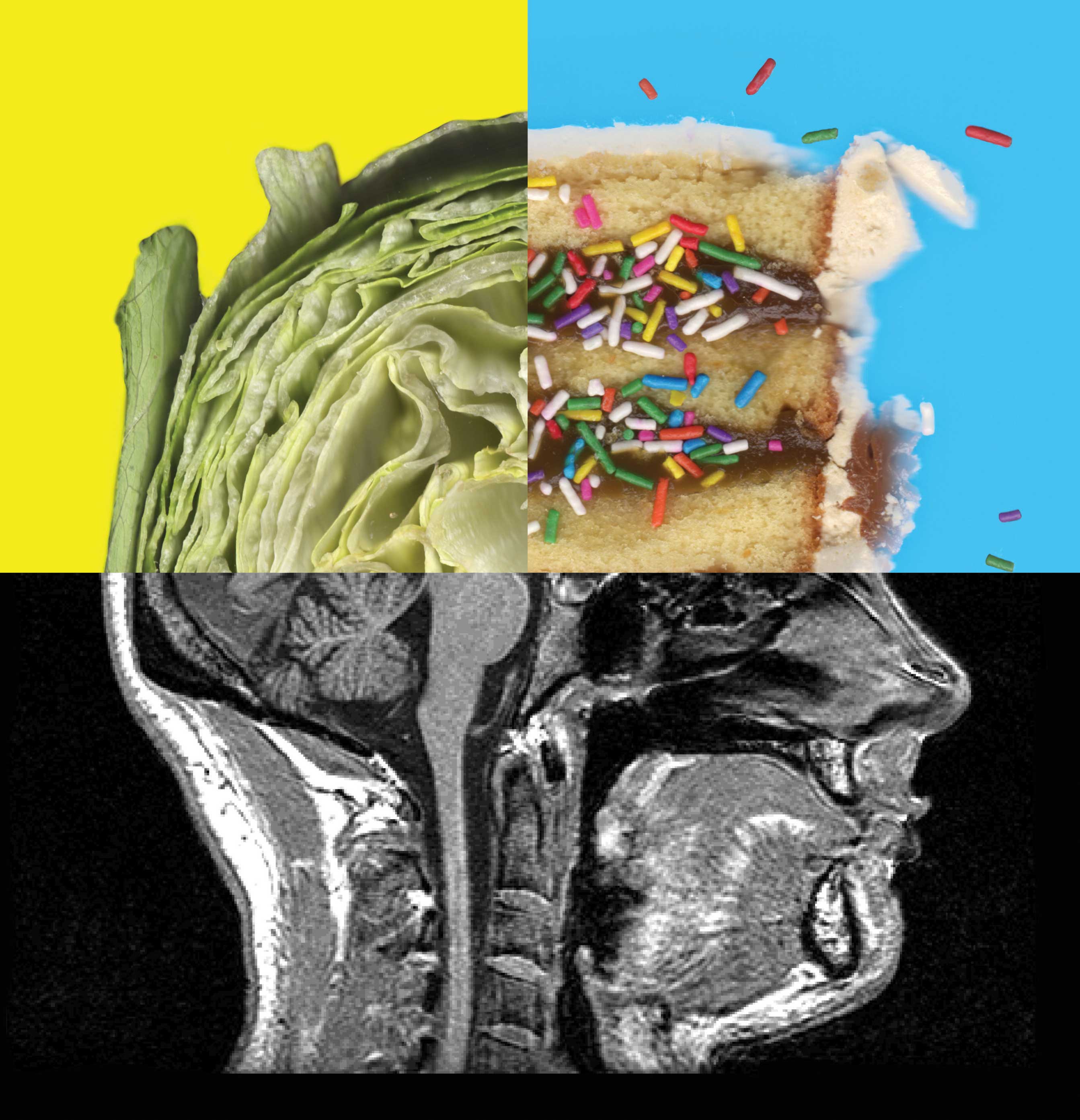The World Science Festival concluded on Sunday by addressing one of the hardest questions in science: How do our brains give rise to our sense of self? During a pair of events held at New York University, philosophers and neuroscientists talked about everything from how we connect our memories from one moment to the next to how texting activates a part of the brain that connects us to others.
But scholars participating in the two panel discussions also cautioned that science still has no answers to big questions about your experience of being you.
“Thinking about the self is very hard,” said Daphna Shohamy, PhD, an associate professor of psychology at Columbia University and a principal investigator at the university’s Mortimer B. Zuckerman Mind Brain Behavior Institute. “Neuroscience is really in its infancy, especially at the level of thinking about complex brain processes in healthy human beings.”
It will be the psychologists and philosophers who have set us up to start thinking about those questions in intelligent ways.
A neuroscientist, Dr. Shohamy first spoke to a small audience at a morning salon, alongside professors from the emerging field of experimental philosophy. These scholars use surveys to explore how we think about our own identity and the identities of others. Their data suggest, for instance, that you would probably consider a friend who has lost her memories to still be the same person. But if that person abandoned her moral values for new ones, you would be more likely to say that your friend had become a different person.
“There are lots of things that make up the self,” said Joshua Knobe, PhD, an experimental philosopher at Yale University. “Some things seem to be more at the core of the self.”
A second event in the evening featured a panel that addressed an audience of hundreds at the NYU Skirball Center for the Performing Arts. Comprised mostly of neuroscientists, the panel explored how neuroscience studies the self, by seeking to understand how parts of the brain give rise to aspects of human experience.
At that event, neuroscientist Joy Hirsch, PhD, described her studies of how we relate to others. Her team at Yale University uses a cap that beams infrared light into the head to measure brain activity. This technology has revealed the choreography that takes place between the brain regions involved in listening and speaking between two people as they talk to each other.
“In the case of dialogue, when people are looking at each other, parts of our brains are in synchrony with our partner,” said Dr. Hirsch. “Our brains, in some sense, fuse.”
Dr. Shohamy highlighted the impact that memories and brain activity outside of our conscious awareness have on us. “A lot of things that we thought required conscious awareness actually don’t,” she said. “Memories influence our behavior all the time without us realizing it.”
To study what role our memories of our experiences play in our decisions, Dr. Shohamy scans people’s brains while they play computer games. She explores the crosstalk between a part of the brain called the hippocampus, which is important for making memories, and a part called the striatum, which is important for initiating actions. She also investigates what happens when these parts of the brains are damaged, work that she hopes will lead to new avenues for combating neurological diseases.
As the evening discussion came to a close, Martha Farah, PhD, a neuroscientist at the University of Pennsylvania, predicted that neuroscience might never be able to explain certain things. She doubted that we will ever be able to describe our subjective experiences of reality in terms of the brain cells, called neurons, responsible for our mental activity.
“That completely subjective experience … I don’t think we have a clue how that results from the material world,” said Dr. Farah. “I don’t think [we’re] ever going to understand how consciousness … emerges from networks of neurons.”
Jesse Prinz, PhD, an experimental psychologist at the City University of New York, seemed to disagree. “If you want to know which are the mechanisms of consciousness in the brain, we’re pretty close to an answer,” he said. The real challenge, he said, will be to figure out the ways in which societies and other aspects of our environments shape who we are.
Dr. Shohamy expressed optimism about the future as she celebrated the “amazing progress” made so far. “There’s reason to think that we will understand a great deal about how these subjective phenomena are achieved,” she said. She also highlighted the need for interdisciplinary research to continue that progress. When neuroscience starts to provide answers to questions about what it means to be human, she said, “it will be the psychologists and philosophers who have set us up to start thinking about those questions in intelligent ways.”


